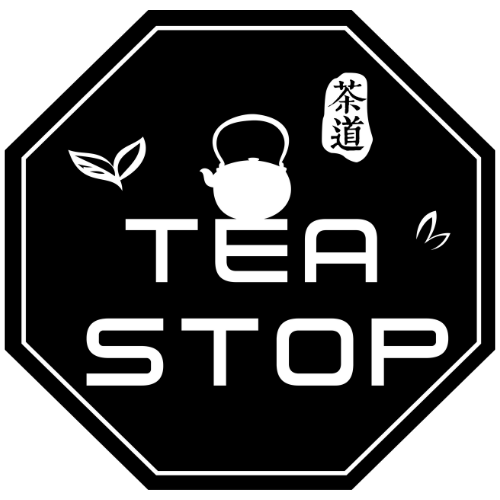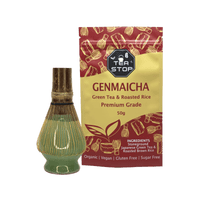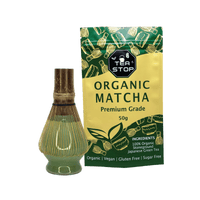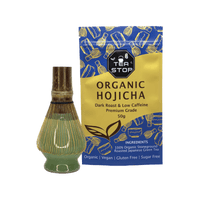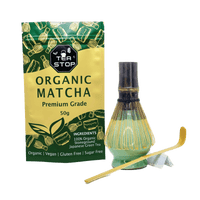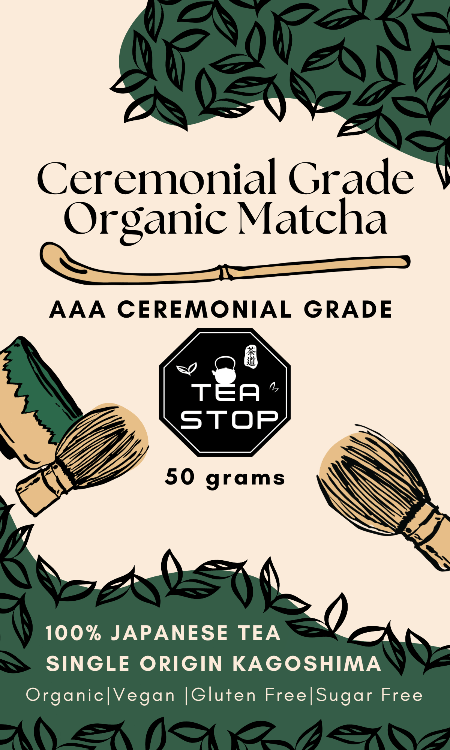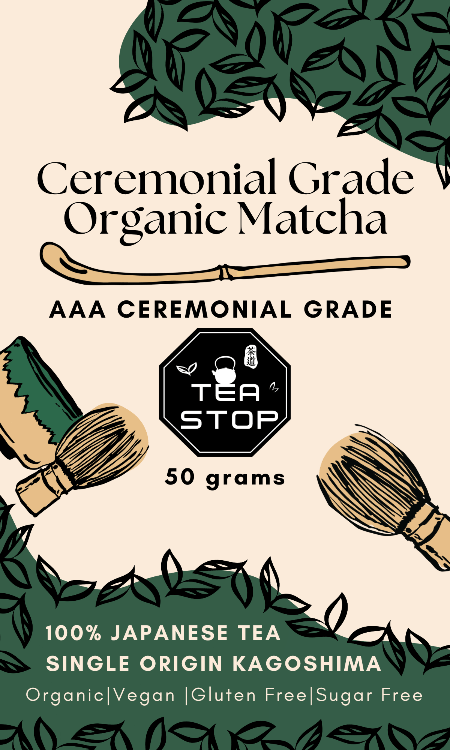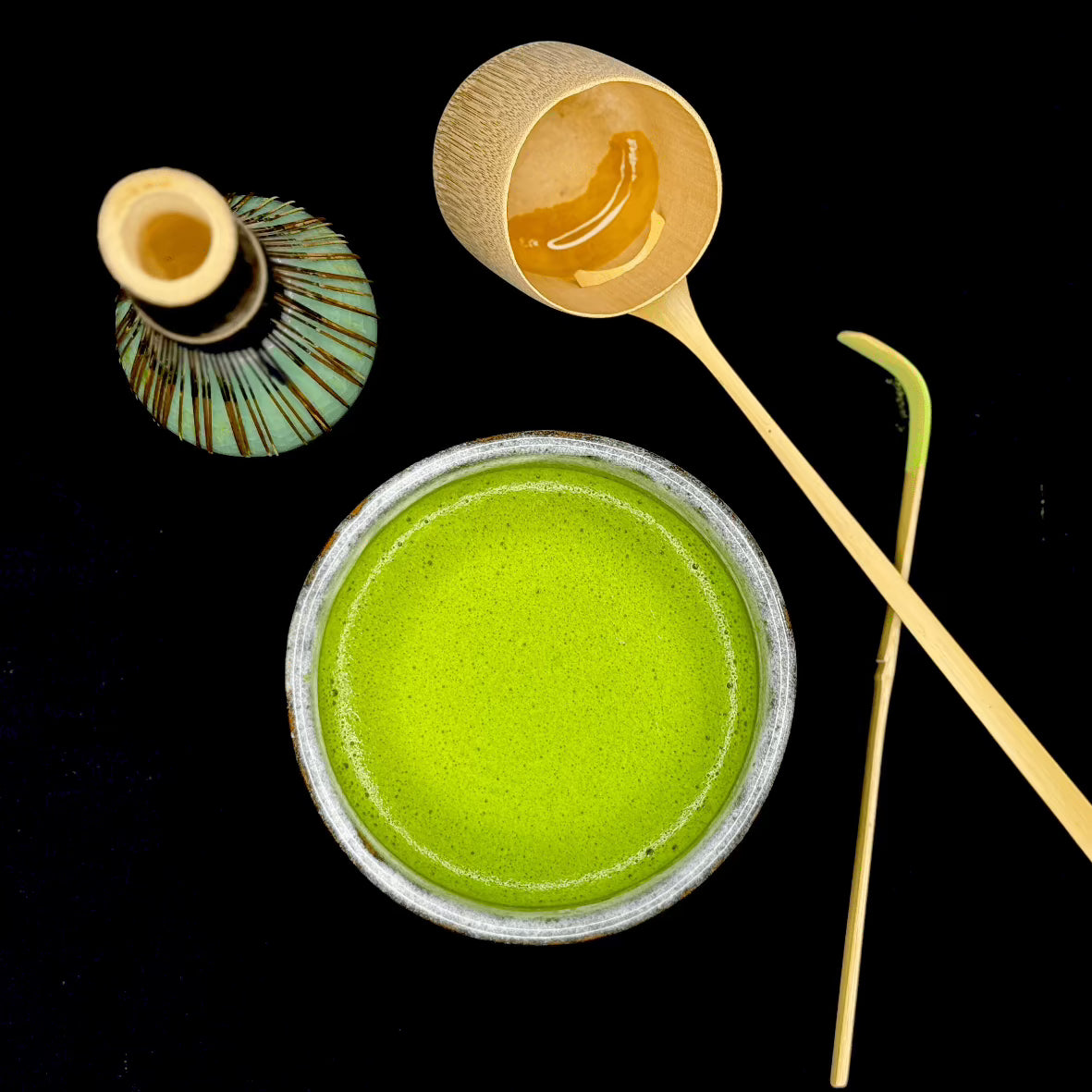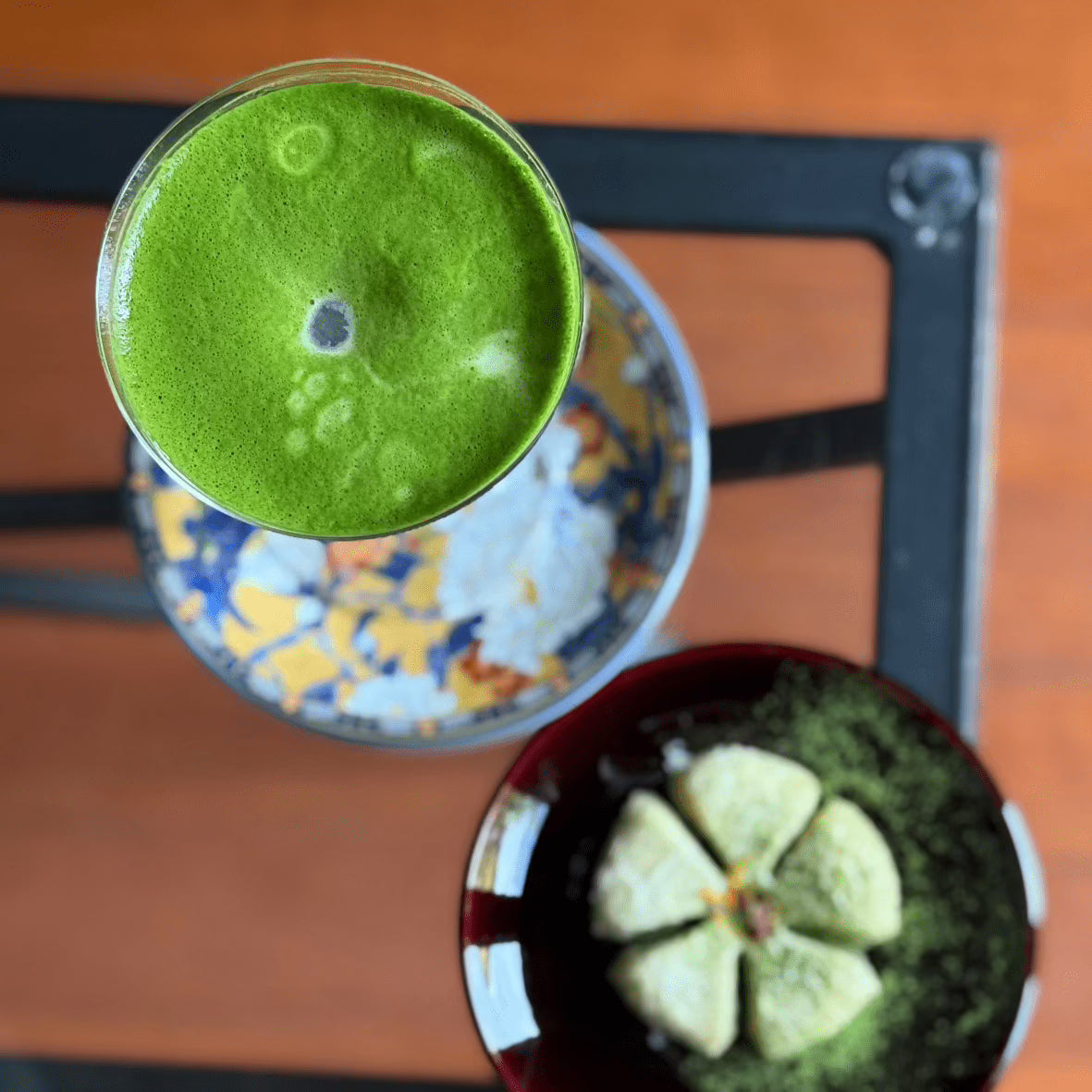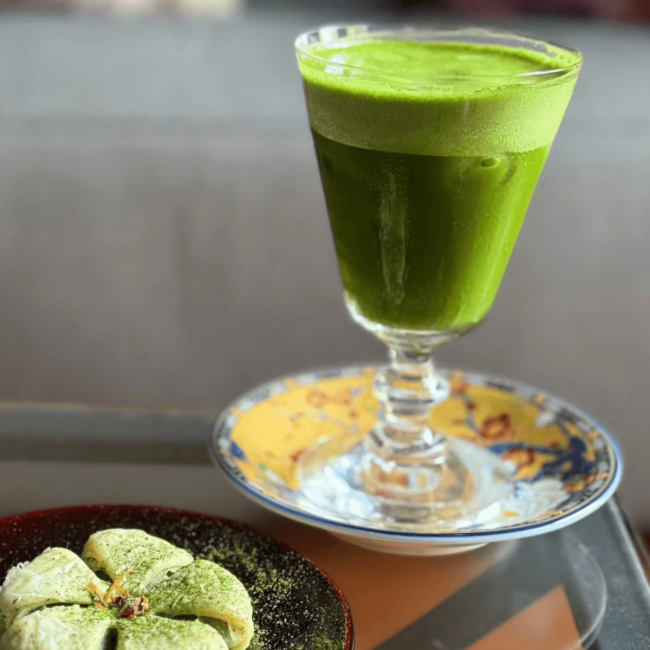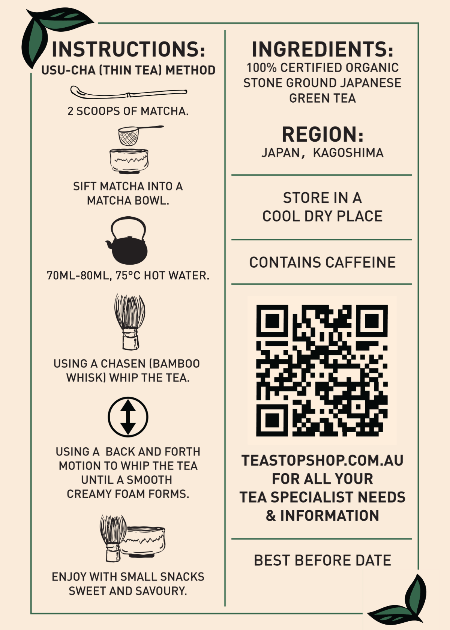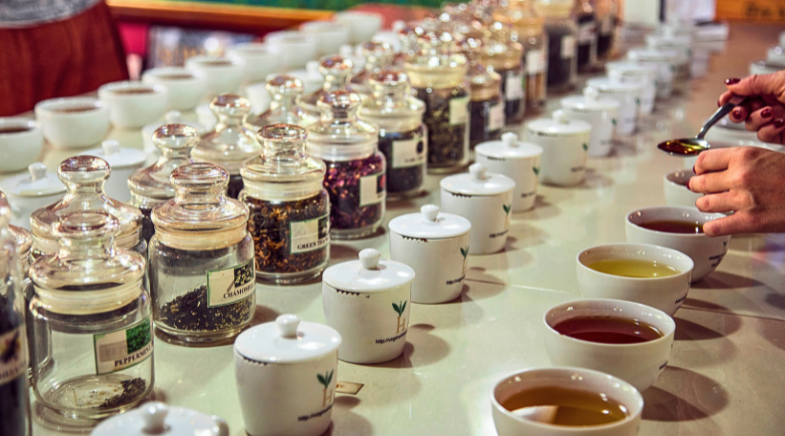
Caffeine-Free Tea Australia: Discover the Best Options
Share
Australians are embracing a quieter approach to their daily rituals. The shift toward caffeine-free drinks in Australia reflects a growing awareness of how what we consume affects our sleep, stress levels, and sense of calm throughout the day. From busy parents seeking evening relaxation to wellness-conscious individuals prioritising mindful hydration, the demand for Caffeine-Free Tea Options in Australia has never been stronger.
This movement extends beyond simply avoiding caffeine. It's about discovering new flavors, exploring botanical traditions, and creating intentional moments of pause in our routines. Whether you're navigating caffeine sensitivity, supporting better sleep patterns, or simply curious about expanding your tea collection, the world of Decaffeinated Tea and naturally caffeine-free herbal infusions offers a remarkable variety.
In this guide, we'll explore the finest Caffeine-Free Drinks Australia has to offer, with particular attention to Rooibos tea—a naturally sweet, antioxidant-rich option that has captured the hearts of tea lovers across the country. Let's discover how these gentle brews can enhance your well-being.
Understanding Caffeine-Free Tea
When looking for caffeine-free tea in Australia, it's important to know what makes a tea caffeine-free. The term refers to two different types of tea: naturally caffeine-free herbal teas and decaffeinated versions of traditional teas.
1. Naturally Caffeine-Free Herbal Teas
Also known as tisanes, these teas are made from plants other than Camellia sinensis (the tea plant). Some examples include:
- Chamomile flowers
- Peppermint leaves
- Rooibos
- Hibiscus
- Ginger root
- Various fruit infusions
Since these botanicals never contained caffeine to begin with, they offer a pure, zero-caffeine experience.
2. Decaffeinated Teas
These teas start as regular black, green, or white tea leaves but undergo processing to remove most caffeine content. Methods like carbon dioxide extraction or water processing reduce caffeine levels to approximately 2-5% of the original amount. While not completely caffeine-free, these teas contain minimal caffeine—typically 2-5mg per cup compared to 40-70mg in regular tea.
Reasons Australians Choose Caffeine-Free Options
Australians opt for caffeine-free choices for various reasons:
- Sleep quality: Avoiding caffeine in the evening supports better rest
- Caffeine sensitivity: Some people experience jitters, anxiety, or digestive discomfort from caffeine
- Pregnancy and breastfeeding: Many expectant mothers limit caffeine intake for health considerations
- Health conditions: Certain medical situations require reduced caffeine consumption
- Hydration goals: Caffeine-free teas provide hydration without the mild diuretic effects of caffeinated beverages
Understanding these distinctions helps you select the right caffeine-free tea for your specific needs and preferences.
Popular Caffeine-Free Herbal Teas in Australia
Australia has a wide selection of herbal teas that are naturally caffeine-free. Each type of tea offers its own distinct flavours and health benefits. These herbal teas have become a common choice in Australian homes, loved for their mild nature and healing properties.

Chamomile Tea
Chamomile tea is one of the most popular herbal teas in Australia. It has a gentle, sweet flavor reminiscent of apples. This soothing tea has been cherished for centuries and is known for its calming effects. The active compound in chamomile, called apigenin, binds to specific receptors in the brain, promoting relaxation and aiding sleep. Many Australians turn to chamomile tea during stressful times or as part of their evening routine. Additionally, this herbal infusion may help reduce inflammation, relieve digestive discomfort, and support immune function.
Peppermint Tea
Peppermint tea is loved by many Australians for its refreshing and cooling taste. The menthol compounds found in peppermint leaves create an invigorating experience while also soothing the digestive system. This combination makes peppermint tea particularly effective for relieving bloating, indigestion, and nausea. The aromatic oils present in peppermint can also help clear sinuses and provide relief during seasonal changes.
Ginger Tea
Ginger tea offers a warm and spicy flavour along with powerful anti-inflammatory properties. The natural compounds found in ginger, such as gingerols and shogaols, promote healthy digestion, reduce nausea, and may alleviate muscle soreness. Whether using fresh or dried ginger, this herbal brew delivers a zesty kick without any caffeine.
Fruit Teas
Fruit teas are made by combining various dried fruits, flowers, and herbs to create naturally sweet blends bursting with flavour. These vibrant teas often include hibiscus, apple, berries, and citrus fruits, which provide vitamin C and antioxidants while satisfying cravings for fruity beverages.
Rooibos Tea: A Beloved Choice Among Australians
Among the vast selection of caffeine-free drinks in Australia, rooibos tea has carved out a special place in the hearts of tea enthusiasts. This distinctive herbal infusion has become a staple in Australian households, cafés, and wellness spaces, appreciated for its unique character and versatility.
The Origins of Rooibos Tea
Rooibos tea originates from the Cederberg region of South Africa, where the indigenous Aspalathus linearis plant grows exclusively in the mineral-rich mountain soils. The name "rooibos" translates to "red bush" in Afrikaans, referring to the vibrant rust-colored leaves that develop during the oxidation process. Green rooibos, harvested and dried immediately without oxidation, offers a lighter alternative with a more delicate taste.
The Flavour Profile of Rooibos Tea
The flavour profile of rooibos presents a naturally sweet, earthy character with subtle notes of honey and vanilla. Unlike many herbal infusions, rooibos carries a full-bodied richness that satisfies those seeking depth without bitterness. This smooth, slightly nutty taste makes it equally enjoyable on its own or blended with complementary ingredients like vanilla, chai spices, or citrus. If you enjoy the cozy spice notes of chai, you might love the Rooibos Chai from Tea Stop Shop, an Australian-made blend that pairs rooibos’ natural sweetness with aromatic spices for a soothing, caffeine-free twist on a classic favourite.
Rooibos Tea's Popularity in Australia
Australian tea lovers appreciate rooibos for its ability to be enjoyed hot or iced, with or without milk, at any time of day. The absence of tannins means it never becomes astringent, even when steeped for extended periods, making it a forgiving choice for both new and experienced tea drinkers.
Rooibos Tea Benefits
Australian tea drinkers appreciate rooibos for more than taste—it’s a wellness elixir. Rooibos tea antioxidants such as aspalathin and nothofagin help combat oxidative stress, support heart health, and protect cells from inflammation. This makes rooibos one of the most antioxidant-rich herbal teas available.
Organic Rooibos Tea in Australia
For those prioritising purity and sustainability, organic rooibos tea in Australia is readily available from local and imported brands. Organic certification ensures the tea is grown without pesticides or synthetic additives, preserving its natural integrity and flavour.
Why Choose Caffeine-Free Tea in Australia?
Australians are choosing caffeine-free tea as part of a larger trend towards being more mindful about what they consume and focusing on overall well-being. The benefits of caffeine-free drinks in Australia go beyond just avoiding jitters or disrupting sleep—they represent a deliberate decision to support the body's natural rhythms throughout the day.
Health-conscious motivations drive many toward these alternatives:
- Better sleep quality: Evening tea rituals become genuinely restorative without caffeine interfering with natural melatonin production
- Reduced anxiety: Those sensitive to stimulants find herbal infusions offer calm without the racing heart or restlessness
- Pregnancy-safe options: Expectant mothers can maintain their tea ritual while minimising caffeine exposure
- Hydration without compromise: Unlike caffeinated beverages that act as mild diuretics, herbal teas contribute to daily fluid intake without counterproductive effects
Health Benefits of Caffeine-Free Teas
Caffeine-free tea health benefits extend far beyond simply avoiding the jitters. These gentle brews offer a range of wellness properties that make them valuable additions to daily routines.
Supporting Restful Sleep
Sleep aid herbal teas like chamomile have earned their reputation through centuries of traditional use. Chamomile contains apigenin, an antioxidant that binds to specific receptors in the brain, promoting relaxation and drowsiness. Passionflower and lavender teas work similarly, helping to calm the nervous system without the sleep-disrupting effects of caffeine. Unlike caffeinated beverages that can interfere with sleep cycles for up to six hours after consumption, these herbal infusions actively support the body's natural wind-down process.
Alongside these calming herbs, rooibos tea for sleep has become a popular evening ritual in many Australian households. Its naturally caffeine-free profile and gentle antioxidant content help relax the body, making it a soothing choice before bed.
Hydration Without the Trade-Off
Caffeine acts as a mild diuretic, increasing fluid loss through urination. Herbal teas provide complete hydration without this counterproductive effect, making them ideal for meeting daily fluid needs. Each cup contributes directly to hydration goals while delivering flavour and warmth.
Digestive Comfort
Peppermint tea soothes digestive discomfort by relaxing the muscles of the gastrointestinal tract, reducing bloating and cramping. Ginger tea stimulates digestive enzymes and bile production, supporting efficient digestion. Fennel and liquorice root teas offer similar benefits, making them thoughtful choices after meals. Rooibos tea also contributes to digestive wellness. Rooibos tea for gut health is gaining recognition in Australia thanks to its natural anti-inflammatory compounds that help soothe the stomach and promote balanced digestion.
Heart-Healthy Antioxidants
Antioxidants in caffeine-free teas combat oxidative stress linked to cardiovascular disease. Rooibos contains aspalathin and nothofagin, unique flavonoids that support heart health by reducing inflammation and protecting blood vessels. Hibiscus tea has demonstrated blood pressure-lowering properties in clinical studies, while fruit-based blends deliver vitamin C and polyphenols that strengthen the cardiovascular system.
Brewing Tips for Caffeine-Free Teas

Brewing caffeine-free tea properly unlocks the full spectrum of flavors and beneficial compounds each herbal blend offers. The technique varies depending on the type of tisane you're preparing.
Water Temperature Matters
Most herbal teas benefit from freshly boiled water at 100°C, which helps extract the essential oils and active compounds from dried botanicals. Delicate flowers like chamomile respond beautifully to this temperature, releasing their calming properties and subtle sweetness.
Steeping Times by Tea Type
- Rooibos: Rooibos: 5–7 minutes for a full-bodied, naturally sweet infusion — understanding how to brew rooibos tea properly ensures you capture its signature smooth, earthy sweetness without bitterness, as rooibos can steep longer than most herbs without becoming harsh.
- Peppermint and ginger: 5-6 minutes to extract their warming, digestive-supporting qualities
- Chamomile: 4-5 minutes for a gentle, soothing cup
- Fruit tisanes: 7-10 minutes to develop their vibrant, tangy notes
Loose Leaf vs Tea Bags
Loose leaf herbal teas often provide a more nuanced flavour experience, as the botanicals have room to expand fully. Use approximately one teaspoon per cup, adjusting to taste preference. Tea bags offer convenience without sacrificing quality when sourced from reputable brands.
These brewing caffeine-free tea methods apply equally whether you're preparing a morning ritual or seeking caffeine-free drinks in Australia for evening relaxation.
Wrapping It Up
Australia has a wide range of caffeine-free drinks to choose from, giving you the chance to explore flavors that match your health goals and daily routines. Whether it's the comforting taste of rooibos or the subtle sweetness of chamomile, every cup is an invitation to pause and reconnect with purpose.
Think about creating a small selection of best caffeine-free tea Australia options—maybe a soothing blend for winding down in the evening, a revitalising peppermint for clarity in the afternoon, and a local botanical infusion to celebrate Australian nature. These teas become more than just drinks; they evolve into rituals that promote restful sleep, gentle digestion, and mindful hydration throughout your day.
Whether you're dealing with caffeine sensitivity, pregnancy, or simply looking for balance in your drink choices, you'll find top-notch quality and carefully curated options in Australia. Enjoy the journey of discovery, listen to your taste buds, and let these naturally caffeine-free alternatives elevate your well-being—one intentional sip at a time.
FAQs (Frequently Asked Questions)
What are the main types of caffeine-free tea available in Australia?
In Australia, caffeine-free teas mainly fall into two categories: naturally caffeine-free herbal teas (tisanes) made from plants other than Camellia sinensis, such as chamomile, peppermint, and ginger; and decaffeinated teas, which start as regular black, green, or white tea leaves but have had most of their caffeine removed.
Why do Australians prefer caffeine-free tea options?
Australians choose caffeine-free teas for various reasons including promoting restful sleep, avoiding caffeine-related jitters, maintaining hydration without the diuretic effects of caffeine, supporting digestive comfort, and benefiting from heart-healthy antioxidants found in herbal teas.
What are some popular caffeine-free herbal teas enjoyed in Australia?
Popular caffeine-free herbal teas in Australia include chamomile tea, known for its calming properties; peppermint tea, appreciated for its refreshing taste and digestive benefits; ginger tea, valued for its warm, spicy flavour and health benefits; and fruit teas made from dried fruits and flowers.
What makes Rooibos tea a beloved caffeine-free choice among Australians?
Rooibos tea, originating from the Cederberg region of South Africa, is favoured in Australia for its naturally sweet, earthy flavour profile, rich antioxidant content, and health benefits including supporting heart health. Organic rooibos options are also popular among those prioritising purity and sustainability.
How should I brew caffeine-free teas to maximize flavor and benefits?
Proper brewing enhances the flavour and benefits of caffeine-free teas. Most herbal teas, including rooibos, benefit from freshly boiled water at 100°C. Steeping times vary: rooibos typically requires 5–7 minutes for a full-bodied flavour. Loose leaf teas often provide a more nuanced taste compared to tea bags.
Are there health benefits associated with drinking caffeine-free teas in Australia?
Yes, caffeine-free teas offer numerous health benefits such as aiding restful sleep (e.g., chamomile), soothing digestive discomfort (e.g., peppermint), providing hydration without caffeine's diuretic effects, and supplying antioxidants that combat oxidative stress and support heart health.
